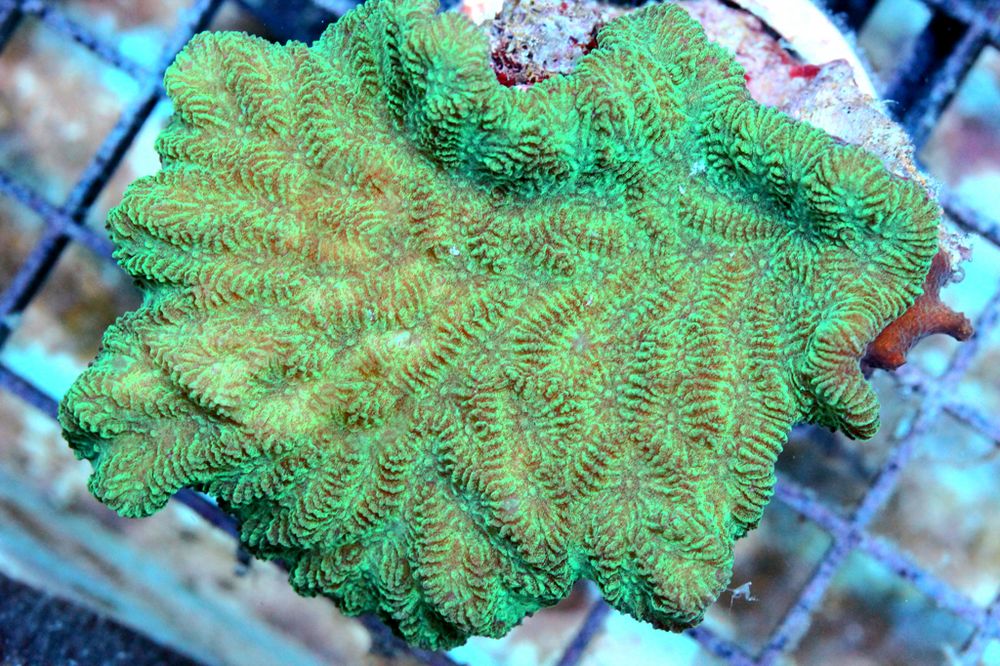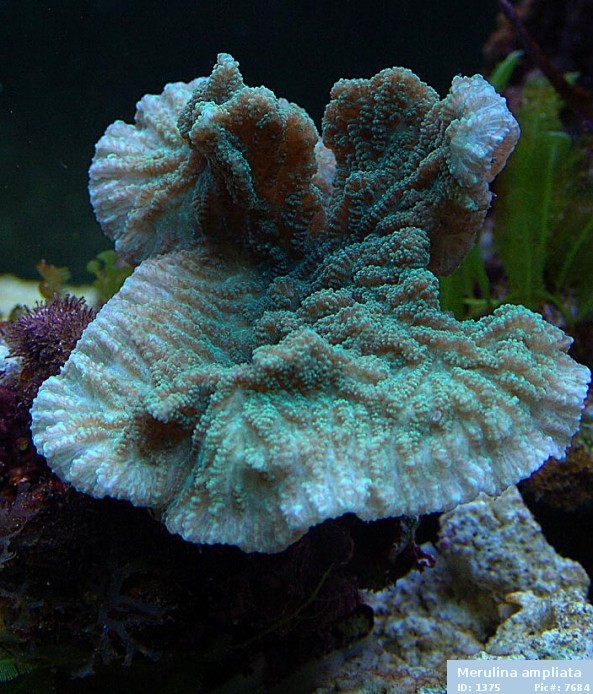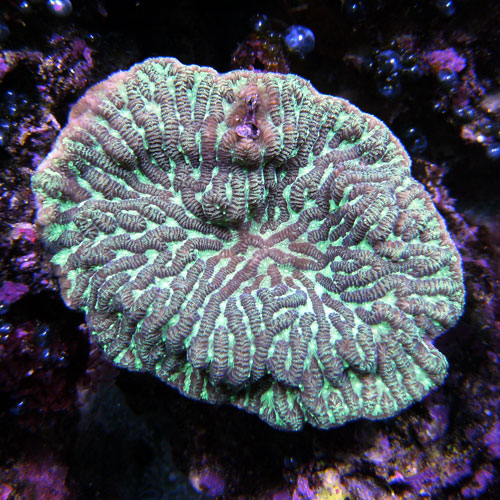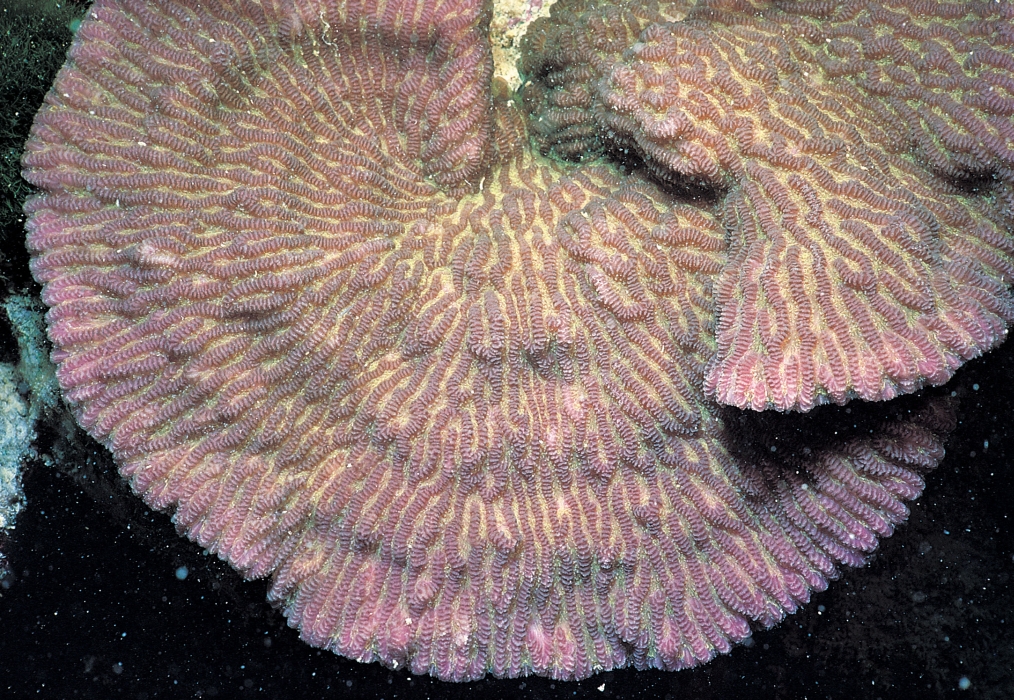Merulina Coral Awareness
Merulina Coral Awareness
Are you into rare corals but also like preserving life in the ocean? The Merulina coral, also known as Lettuce, Cabbage, Ridge, or Ruffled Coral, may just be your ticket to preservation! Some species of Merulina coral fall within the Marine Protected Areas. Growing these corals in captivity to study is the only way we can help them stay on our planet and not get lost in the reef. If you have a knack for SPS and want to do your part for science you will love this coral.

image via reef2reef sponsor pacific east aquaculture
The Merulina coral is found in a very limited range. The coral lives in some of the most stable water on the planet. They are located in lagoons just on the inside of the reefs. It seems as though the water that makes it too the lagoons is similar to the pristine water at the end of a high end sump that gets sucked up by the return pump; extremely clean, stable, and fairly nutritious. This coral is only for the most advanced reefers. They have a very high mortality rate and are very particular about any changes in water chemistry and temperature. Feeding them is also a challenge. It is still somewhat of a mystery what their diet actually is.

image via reeflex.net
We do have a small understanding with the coral. The Merulina coral has a fluffy, frilly, ruffled look and is often named after its particular shape. They can also be more cabbage or lettuce shaped. The coral is not soft at all. In fact, the Merulina coral is an SPS. The coral starts as a small encrustation and develops into the insane shapes that hobbyists and biologists alike drool over. Some can even form columns and resemble a Dr. Seuss style forest. For having a limited geographical range they are quite varied between species. They also come in a variety of pink, blue, red, purple, browns, and greens or a combination.

image via thatpetplace.com
During the night when the lights are off you may witness a sweeper tentacle that comes off the edge of the colony. They reach about three inches and can sting other corals. Space is a must. If the coral gets in a war with something more powerful it will not survive due to its already fragile existence. Extreme care is required when placing these corals in any aquarium.
Being lagoon dwellers, they require a strong light. They will benefit from a natural color temperature between 6000K-6700K due to the shallow water. The lagoons receive regular wave motion, but not turbulent. Moderate surges are best. Again, they have a somewhat mysterious diet, so experimenting with them and observing their reactions is the only way to find their preference. Keeping every parameter stable is important. An aquarium controller is a must with these corals unless you have time to constantly monitor and manipulate parameters.

image via coral.aims.gov.au
Fragging these corals is very rare. Most instances of fragging result in a bleached skeleton. Observing the way they spread in nature more closely may be give us the answer to propagating these. They also grow extremely slow. The slow growth doubled over with fragility make for a very unsuccessful time.
This coral is one that makes Green Goniopora look easy. The Merulina coral is definitely on the Advanced Aquarist Only list.
If you are at the level that these corals require, your experience may just help us understand it a little bit more. This hobby relies on the experiments and practices developed by scientists and hobbyists alike. Having a successfully thriving Merulina coral is a true challenge and could earn you mad Reef Cred. Do your best. Optimize your system to its maximum potential. Once you have long term stability and clear skies ahead your tank may just be ready to try this tricky ruffly coral. For first hand experience with the Merulina coral check out the SPS forum!
To comment on this article please click here.
Comments are closed.
